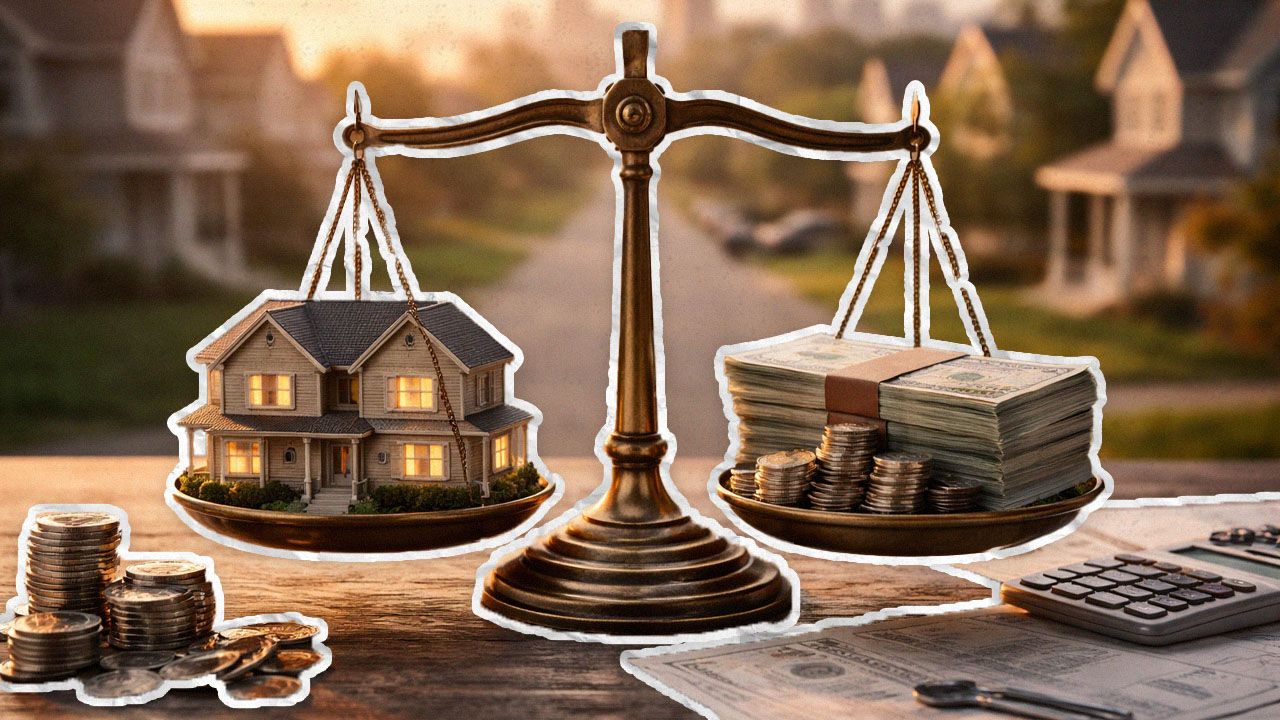Landlords Beware: No-Lease Tenants Have Rights Too (2025)
Jun 30, 2025
Written by Michael Slane
For landlords, managing a rental property without a written lease can raise critical questions: Can a tenant be evicted without a lease? Are they still obligated to pay rent? This article builds on our previous discussion of tenant rights in the absence of a lease, offering a landlord’s perspective while emphasizing the importance of clear communication and fairness. Drawing on recent legislative updates from June 2025, this guide provides practical insights to help landlords navigate these scenarios effectively and stay compliant with evolving regulations.
The Basics: No Lease, No Problem? Not Quite.
A lease is like a roadmap—it lays out rent, due dates, who fixes what, and all that good stuff. Without one, things can get a bit messy. In most states, no written lease means you’re dealing with a month-to-month tenancy. Here’s what that looks like:
- Flexibility: You or the tenant can end the deal with proper notice, usually 30 days. Some places, like California, bump that to 60 days if the tenant’s been there over a year.
- Less Stability: No fixed term means tenants can bounce with short notice, and you can end the tenancy too, but you’ve got to follow the rules.
I’m a big fan of having a lease for clarity, but month-to-month can work if you stay on top of communication. Just know you’re still tied to state and local laws, which can trip you up if you’re not careful.
Tenant Rights Without a Lease
Even without a lease, tenants have some solid protections under state and local laws. These vary, but here’s the gist:
- A Decent Place to Live: Tenants deserve a safe, working home—think heat, plumbing, electricity, and no nasties like mold or pests. If something like the furnace dies, you’ve got to fix it fast. If you don’t, tenants might legally withhold rent until it’s sorted (but check your state’s rules first!).
- Privacy Matters: You can’t just stroll into their place whenever you feel like it. Most states require 24–48 hours’ notice for things like repairs or inspections. Emergencies, like a leaking pipe, are an exception, but even then, give a heads-up if you can. Respecting their space builds trust.
- Protection from Retaliatory Evictions: You can’t kick out a tenant just because they asked for a fix or stood up for their rights. In fact, June 2025 news out of California shows this is a hot topic—proposed bills like SB 436 are pushing to let tenants pay overdue rent up to the eviction date to stay put. It’s not law yet, but it’s a sign of stronger tenant protections coming. CalMatters
Can You Evict a Tenant Without a Lease?
Yup, you can evict a tenant without a lease, but you’ve got to play by the rules. With a month-to-month tenancy, you can end it with proper notice—usually 30–60 days, depending on the state. But here’s where it gets real:
- No-Fault Evictions Are Getting Tougher: In the UK, the Renters’ Rights Bill, set to roll out by early 2026, is scrapping “no-fault” evictions (Section 21). Landlords there will need a solid reason, like selling the property, and give four months’ notice. The US is seeing similar vibes—take Los Angeles, where the Just Cause for Eviction Ordinance (JCO) means you need a valid reason and have to file notices with the city within three days. Los Angeles Times
- Eviction for Cause: If a tenant’s not paying rent or breaking rules (like illegal activity), you can start eviction, but you’ve got to dot your i’s and cross your t’s—think proper notices and court filings. In North Carolina, for example, you can move fast on illegal activity without a grace period.
- Talk First, Evict Later: Evictions are a pain—costly and slow, especially with court backlogs. If a tenant’s struggling, maybe work out a payment plan. It’s less hassle than finding a new tenant, trust me.
For a more specific explanation, watch this video for a detailed breakdown.
Can Tenants Stop Paying Rent Without a Lease?
Nope, no lease doesn’t mean a free ride. Rent’s still due on time, and if biscuit’s late, you can charge fees or start eviction, depending on your state’s laws. That said, tenants can sometimes withhold rent if the place isn’t livable—like no heat in January—but they’ve got to follow legal steps, like giving you a chance to fix things.
In June 2025, California’s Tenant Protection Act (AB 1482) is making waves, capping rent increases at 8.9% for 2024–2025 for older buildings. This applies to month-to-month setups too, so stay sharp to avoid disputes. Sacramento Bee My approach? If a tenant’s late, I talk to them first. Maybe they hit a rough patch—lost a job or had a medical bill. Working it out keeps things smooth and saves you the headache of turnover.
Security Deposits and Keeping Records
No lease makes security deposits a bit of a gray area. I always collect one upfront, even for month-to-month tenants, to cover potential damage. Tenants have the right to get it back when they move out, minus anything for damage beyond normal wear and tear. My pro tip? Take photos and videos of the place when they move in. It saves arguments later.
The UK’s Renters’ Rights Bill is pushing for fairer deposit rules, and the US has similar vibes. Clear records are your best friend if a tenant claims you withheld their deposit unfairly.
Why This Matters for Landlords
Knowing tenant rights without a lease keeps you out of legal hot water and your rentals humming along. With new laws popping up—like the UK’s Renters’ Rights Bill and California’s tenant protections—you’ve got to stay on your game, especially with month-to-month tenancies.
Here’s my two cents:
- Talk It Out: Clear chats with tenants about expectations or issues prevent big problems. It’s all about trust.
- Know the Law: Eviction rules, notice periods, and repair duties vary a ton. North Carolina lets you evict fast for illegal activity, but California might require relocation help for tenants.
- Keep Records: From property photos to emails with tenants, document everything to cover yourself.
- Be Fair: A little kindness goes far. Work with tenants when you can—it beats a drawn-out eviction.
Managing a rental property without a lease can feel like navigating a minefield, but with the right knowledge and approach, it’s entirely doable. By understanding tenant rights—such as their entitlement to a habitable home, privacy, and protection from retaliatory evictions—landlords can foster positive relationships while protecting their investments. Staying compliant with state-specific laws, like California’s Tenant Protection Act or local ordinances in places like Los Angeles, is non-negotiable, especially as 2025 brings tighter regulations, such as the proposed SB 436 and the UK’s Renters’ Rights Bill. These changes highlight a global shift toward stronger tenant protections, making it critical for landlords to stay informed and proactive. Clear communication, thorough documentation, and a touch of compassion can prevent costly disputes, reduce turnover, and keep your rentals running smoothly. Whether you’re handling late rent, planning an eviction, or managing security deposits, approaching these challenges with fairness and legal savvy will set you up for long-term success in real estate. For more resources to elevate your landlord game, check out the links below, and keep learning to build wealth the smart way!






